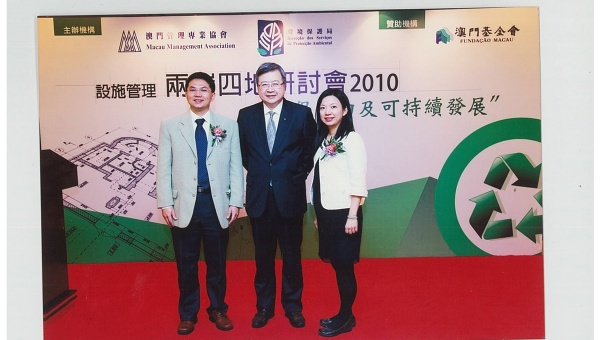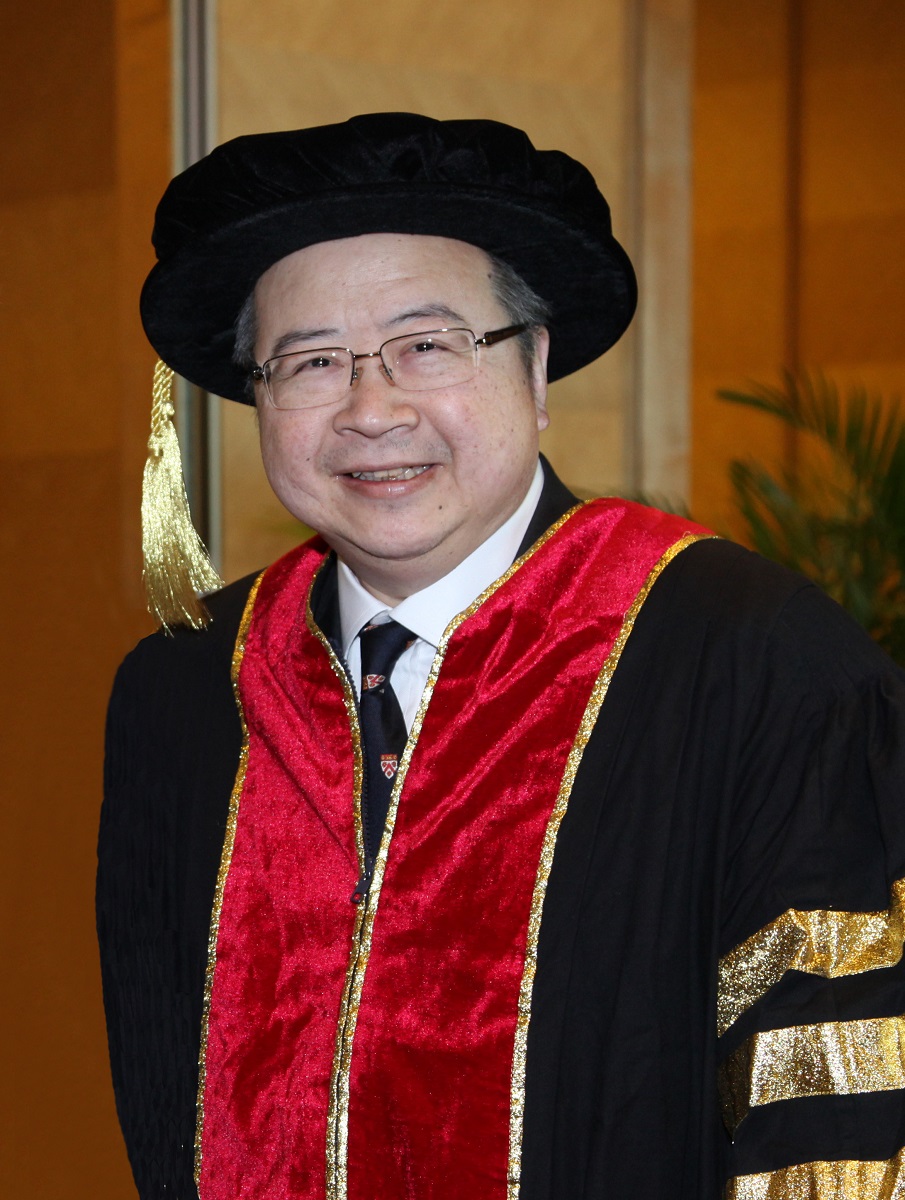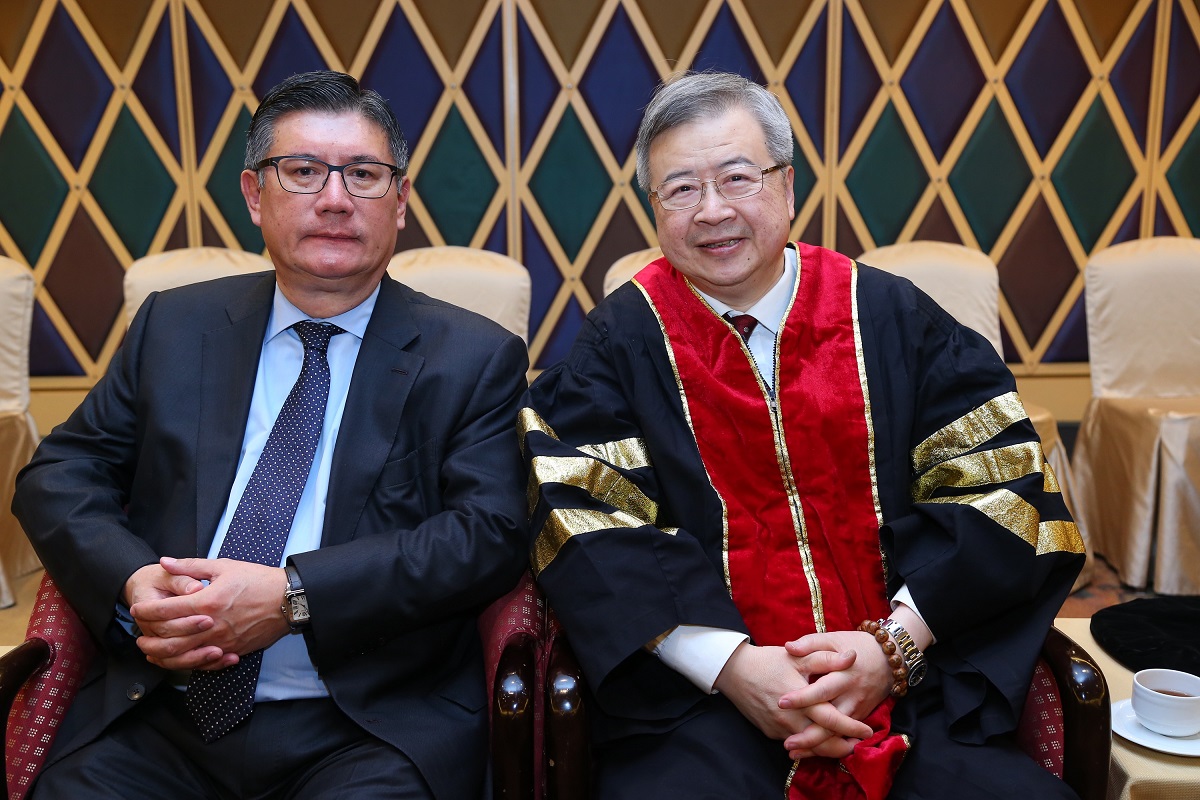Macau Institute of Management Owns a Reputation in Facility Management

Founded in 1988, the Macau Institute of Management (MIM) under the Macau Management Association is specialised in providing degree education and professional training for the working population. Its course offering ranges from professional diploma, associate degree, bachelor’s degree in business administration to a master’s degree organised in partnership with the Chaminade University of Honolulu. Among them is the MIM business administration programme, renowned for facility management.
Director Dr Oscar Chan is one of the 100 IFMA Fellows worldwide, as well as an experienced professor of facility management and internationally registered facility manager. “The concept of facility management has had a long history before its emergence as a globally acknowledged profession on Wall Street in the 1980s. A facility is a holistic entity; its management involves all operational activities that take place inside and outside the built environment. Each stage of a built environment, from design, through planning, construction, maintenance and repair, and eventually to demolition or reconstruction, is carried out with the efficiency of a corporate’s core business activities and operations in mind. These stages are connected and impact one another. They involve not only hardware, but also the integration of needs arising from the 3Ps – People, Place and Process – and the use of technology. Every facility is unique, whether it is an airport, a hospital or a school. From design and operation to maintenance and repair, our profession requires we analyse from a humane approach on how to run a facility efficiently and safely to provide a safe and comfortable environment for the people working within, reduce workplace accidents, and minimise the impact of the use of the facility on its surroundings and the environment,” said Dr Chan.
“Our facility management courses are professionally recognised for their curriculum framework, choice of materials, content and assessment, all of which are based on IFMA standards, complemented with local elements. During their degree, students interested in pursuing the field can take the IFMA membership exam to become professionally recognised. This opens up broad career options at facilities in different industries, such as hotels, exhibition centres, entertainment venues, industrial and commercial offices, hospitals, organisations, cruise terminals, transport terminals and various types of transport infrastructure. The profession is applied to positions in operation, maintenance, human resources, supervision, administration, outsourcing, as well as contract and project management that deal with public safety, hygiene, health, environmental protection and energy saving, in accident-prone workplaces that have established workflows for core businesses that centre on valued persons, clients and regional specialties,” Dr Chan remarked.

“Apart from that, I have invited graduates and industry peers to teach part-time in our programmes. Their extensive experience and expertise in the industry have helped students grow in both professional knowledge and practice more efficiently.”
Dr Chan added, “What is also special about our programme is its use of inclusive teaching,” he continued. “Traditional classes only take up 52% of the time. For the rest, we make use of multimedia tools to help students explore and research in an online, interactive setting. This approach is especially suited for busy working students, allowing them to participate in discussions and readings without time and location restrictions and according to their progress, allocate and manage their time more effectively, resulting in higher programme completion rates.”

In 2000, MIM was upgraded to a tertiary institution. Dr Chan has a lot of visions for the Institute’s future development. “In anticipation of Macau’s new tertiary education system being passed within the year, we expect to further align our programmes with accrediting authority standards, and introduce more bachelor's and master's degree programmes with different structures,” he said. “In response to governmental and social demands for professional qualifications, we will also offer more continuous education opportunities to facilitate government recognition and standard-setting for continuing professional practice in different sectors. Beyond that, we have agreed with the government on moving to a new campus at an appropriate time in the future. We expect that by that time, the MIM campus will have more space and facilities to provide broader education and training support for the development of Macau’s different industries.”
ref:www.educationpost.com.hk